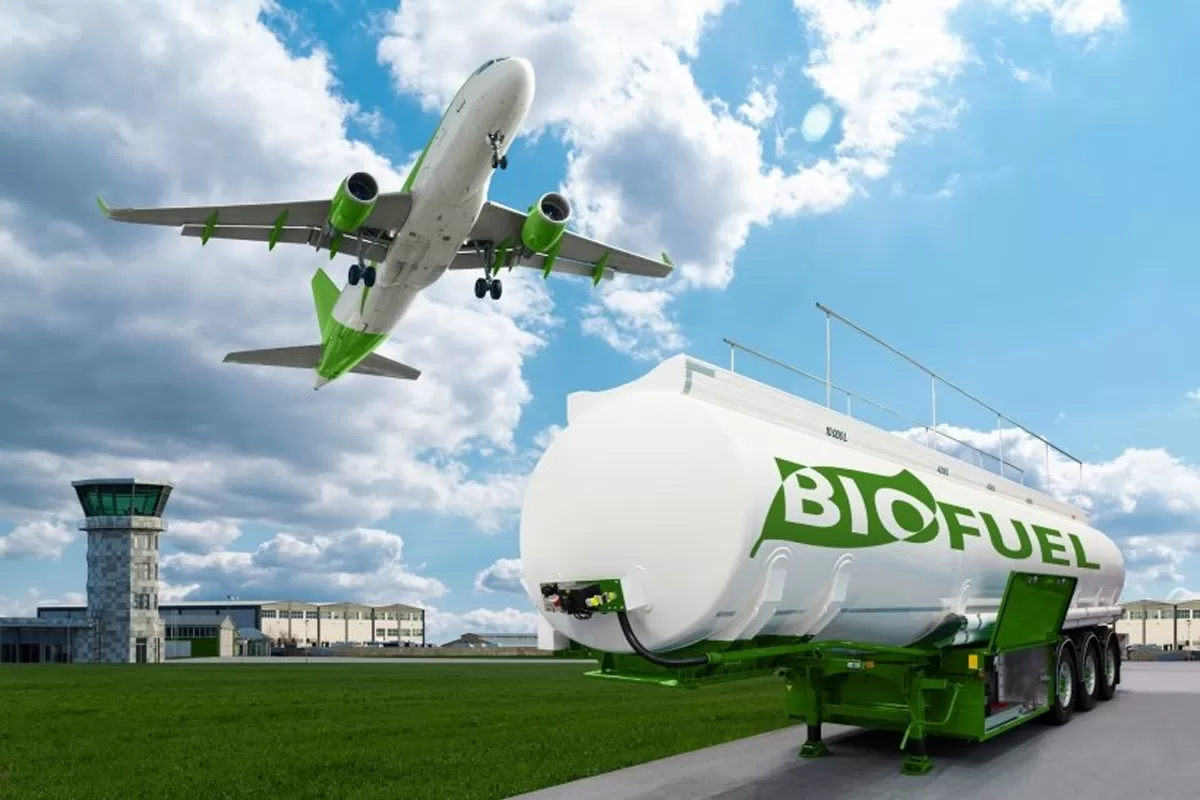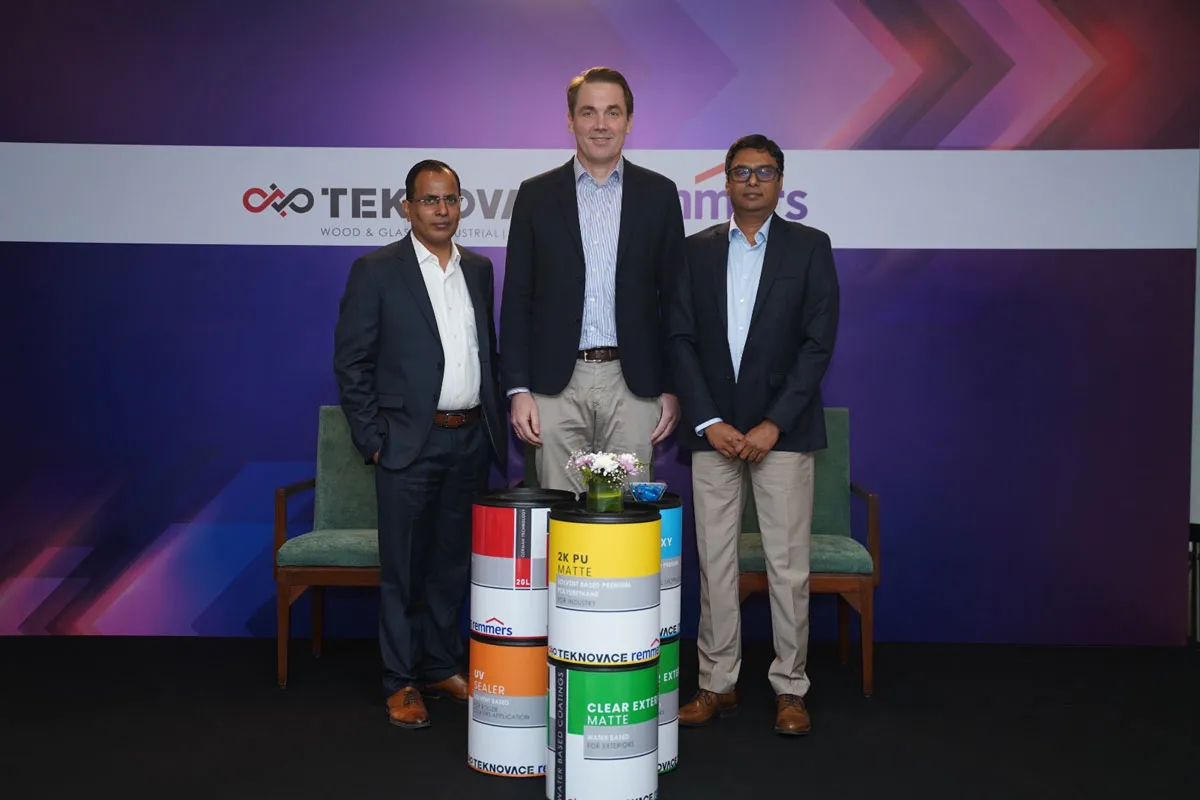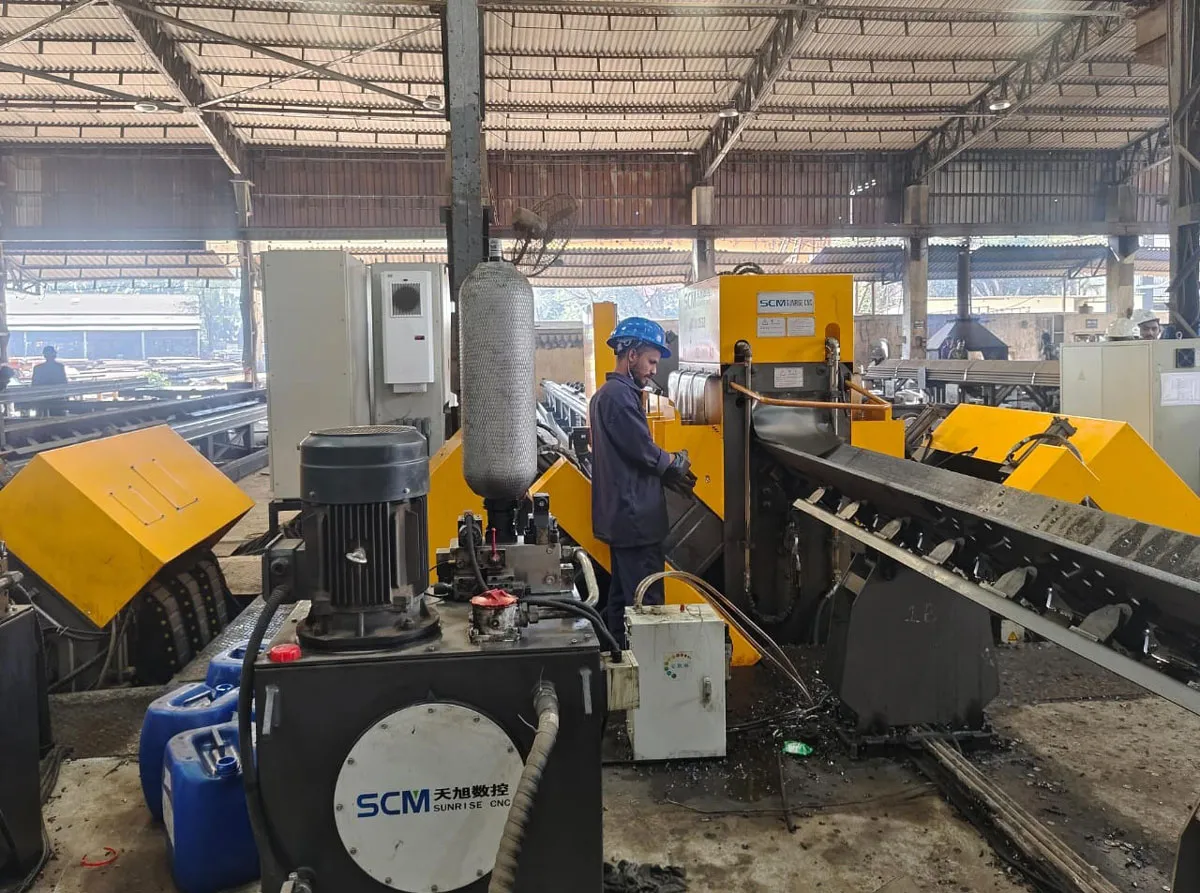
India Advances SAF With New Certification Partnership

Green Power International Wins 384 TKM Rail Electrification Deal
Green Power International has secured a 384 track kilometre (TKM) overhead electrification contract from South-Eastern Railway for the Adra Division, further strengthening its presence in India’s railway electrification segment. The project involves upgrading the existing electric traction system from 1x25 kV to 2x25 kV on key routes within the division.Under the contract, Green Power International will undertake the design, supply, erection, testing and commissioning of the upgraded traction system for the Asansol–Adra–Bhojudih–Dhanbad section. The scope of work will be executed in ac..

Teknovace, Remmers Forge Rs 3 Bn Deal for Global Coatings Hub
Teknovace has entered into a strategic global partnership with Germany-based Remmers Gruppe SE to build a large-scale, export-oriented wood coatings manufacturing platform in India. As part of the alliance, Remmers will make a strategic equity investment of Rs 3 billion to acquire a 50.01 per cent stake in Teknovace in two tranches, marking one of the largest foreign strategic investments in India’s wood coatings sector.The partnership comes at a time when India’s wood coatings market, valued at around $1.3 billion (Rs 100 billion), is growing at an estimated 11% annually, driven by demand..

Jyoti Structures Commissions Galvanisation at Second Nashik Unit
Jyoti Structures has commissioned galvanisation operations at its second tower manufacturing unit in Nashik, strengthening its in-house capabilities across critical stages of power transmission infrastructure production. The listed Engineering, Procurement and Construction (EPC) company operates globally and has delivered projects for customers across more than 50 countries.The second Nashik unit, with an annual manufacturing capacity of 36,000 metric tonnes, has become operational following the completion of installation, testing and readiness of the new galvanising facilities. With this deve..
















